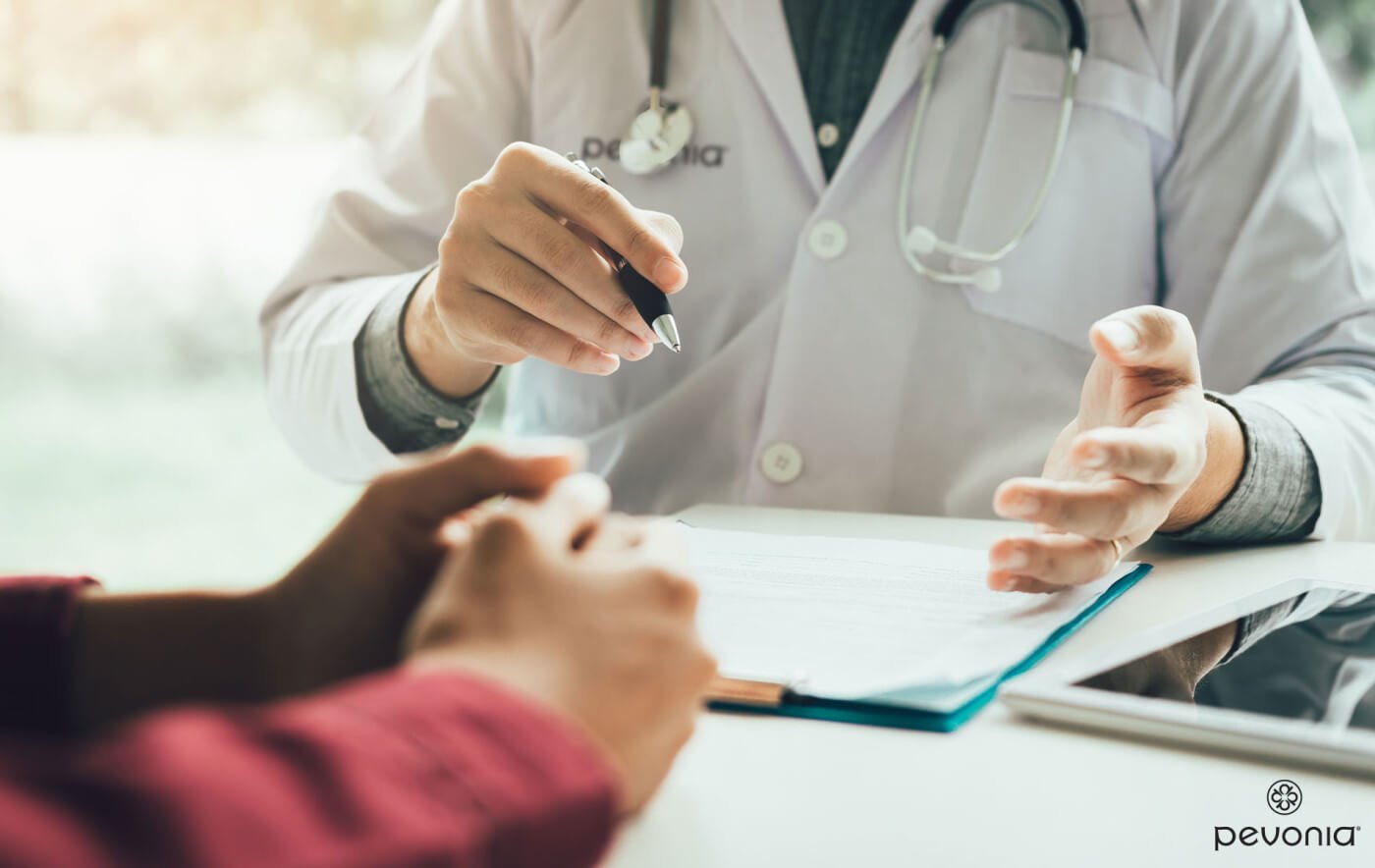
Ask The Doctor
Q: Can you shed some light on how to stop hair loss and improve hair and scalp health?
A: Hair loss and thinning concerns affect many people, and nowadays, many solutions are available to address and correct this problem. From prescriptions and surgery to temporary cosmetic solutions and topical natural treatments, the fight against hair loss goes beyond the scalp. Aside from the genetic predisposition to thinning hair and hair loss, there are other reasons, such as hormonal imbalances, diseases, lifestyle habits, trauma to the skin, etc. Except when a medical condition is the cause of hair loss, and prescription treatments or adjustments are indicated, most cases can benefit from natural options and lifestyle changes.
Always choose pH balanced hair products that are free of controversial synthetic ingredients like sulfates, silicones, strong alcohols, etc., and contain proven ingredients that support healthy hair follicles and thicker and stronger hair. Caffeine, Rosemary, Celery Seed, Amaranth Extracts, Collagen Polypeptides, and more are effective natural choices. As the scalp receives the benefits from topical professional quality products, the hair follicles and roots also get nutrition from internal blood flow that carries essential nourishing ingredients such as vitamins, minerals, amino acids, growth factors, etc.
Given the importance of this kind of supportive nutrition, a proper diet is a must. Inflammatory foods, like processed foods, those with added sugars, saturated fats, and trans fats, fish with high mercury content, and allergenic foods for sensitive individuals (gluten, dairy, soy, eggs, etc.), need to be avoided. Others, such as deeply colored vegetables, leafy greens, nuts, avocados, olives, healthy fish, and possibly vitamin and mineral (zinc, magnesium, iron, selenium, etc.) supplements should be incorporated into the diet. In addition, the following can diminish hair damage and breakage, helping hair appear thicker:
- Good scalp hygiene with pH balanced, sulfate-free, non-stripping shampoo
- Using a heat protection product for the hair
- Avoiding greasy conditioners and other low-quality hair products
- Not combing and styling wet hair
- Reducing frequency of blow dryer and flat iron use
- Avoiding pulling hair and using tight elastic hair bands
- Reducing frequency of chemical treatments and hair color
Q: I have stubborn under eye circles. What is the cause and the best way to brighten them up?
A: Stubborn under eye circles, medically known as "periorbital hyperpigmentation," can have various causes and contributing factors:
- Anatomical: Some people have thinner skin that allows underlying blood vessels in the eye contour to become more apparent, creating bluish shadows. Fat and collagen loss around the eyes due to aging and weight loss can compound this effect.
- Hyperpigmentation: An accumulation of melanin in the skin due to genetic, racial, hormonal, post-traumatic, or other factors such as excessive sun exposure.
- Inadequate circulation: Diminished blood or lymph flow around the eye area can fail to remove toxins and byproducts of tissue and blood metabolism, like bilirubin, causing the eye contour to darken. Circulation problems can also result from lifestyle habits like smoking, drinking alcohol, lack of sleep, etc.
- Chronic irritation, allergies, and nasal congestion: These conditions can lead to inflammation and darkening of the eye area.
- Excessive manipulation of the eye contour can also cause dark circles.
To improve the appearance of dark eye circles, I recommend:
- Proper skincare: Using Vitamin C, Hyaluronic Acid, Niacinamide, Chrysin, Dipeptide-2, and other ingredients in products specifically formulated for improving dark circles.
- Sun protection: Wearing high-quality sunglasses can help reduce accumulated damage and/or prevent further darkening.
- Cold compresses at home: Applying a cold compress, chilled spoon, or tea bag to the under-eye area can help soothe and reduce puffiness, temporarily minimizing the appearance of dark circles.
- Lifestyle changes: Getting enough sleep, eating a balanced diet, and staying hydrated are best practices to improve dark eye circles. Reduce or eliminate smoking and drinking for enhanced results.
- Clinical treatments or procedures: In stubborn cases, prescription lightening agents, acids, dermal fillers, surgery, light therapy, etc., can address dark eye circles.
Q: I want to understand the natural aging process so I can age more gracefully. Please help!
A: The aging process is a complex topic involving many factors, with symptoms varying greatly from person to person. All cells in the body have a lifespan, and skin cells are no different. For aging concerns, the solution involves addressing the appearance of the whole body externally, paired with internal pro-aging efforts. We know that we lose about 1% of our collagen between the ages of 20 and 30, and by then, elastin synthesis is practically maxed out, which means we should preserve whatever we have left.
Many changes occur to the body and skin, including the loss of collagen, elastin, fat (and/or fat redistribution), muscle, and bone. The skin accumulates or loses pigment from sun exposure and cell metabolism byproducts. This is a gradual process, but lifestyle habits, genetics, diseases, and multiple other factors can accelerate aging. To age gracefully, we must comprehensively take care of ourselves as early as possible by eating healthily, exercising, and increasing water intake. Additionally, reducing stress, alcohol consumption, and unprotected sun exposure as well as refraining from smoking can all play a positive role. Furthermore, supporting the skin’s well-being with quality, high-performing natural skin care products can make a dramatic difference on the appearance of our skin as we age.
Consistent morning and evening routines with alcohol-free, non-stripping cleansers and toners, revitalizing serums, exfoliants, moisturizers, and sunscreens that protect the skin from environmental aggressors and dehydration are essential for pro-aging care. Ingredients should correlate with the skin's condition and the person's age. To prevent accelerated aging when someone is in their 20s or 30s, ingredients such as Hyaluronic Acid, Vitamins A, C, and E, Collagen, and Elastin Polypeptides support youthfulness. When someone is 40 and older, stimulating and repairing actives, like Retinol, Tyrosinase inhibitors, Stem Cells, and Caviar, paired with professional treatments are ideal.
